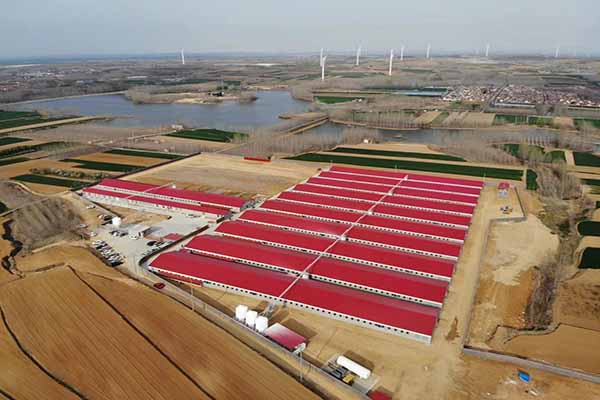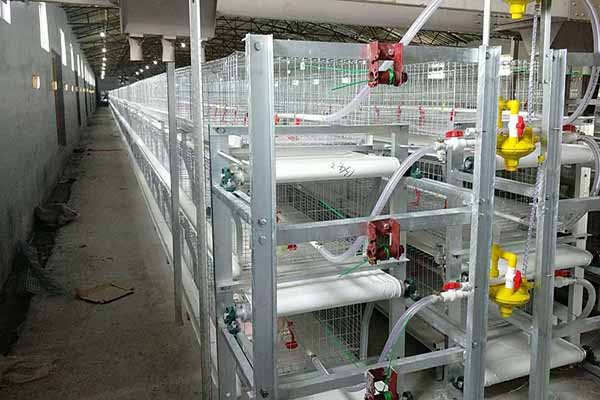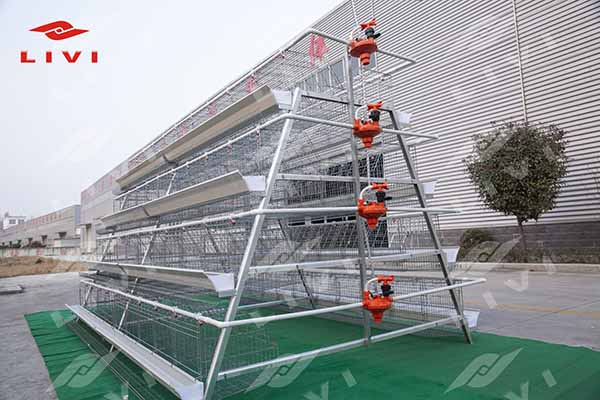Optimizing Chicken House Cooling Systems in Tanzania
Understanding the Need for Effective Cooling Systems in Tanzania’s Poultry Industry
Tanzania’s poultry industry is experiencing rapid growth, and with it, the need for efficient chicken house cooling systems. In a region with high temperatures and humidity, maintaining an optimal environment for chickens is crucial for their health and productivity. Here are some key factors to consider:
- Climate: Tanzania’s tropical climate can reach temperatures of up to 40°C (104°F), posing a significant challenge for chicken farmers.
- Productivity: Studies show that even a small increase in temperature can reduce egg production by up to 10%.
- Health: High temperatures can lead to increased mortality rates due to heat stress and disease outbreaks.
Data from the Tanzania Poultry Association indicates that over 60% of chicken houses lack proper cooling systems, highlighting the urgent need for effective solutions.
Types of Chicken House Cooling Systems Suitable for Tanzania
Choosing the right cooling system is essential to ensure the comfort and health of your chickens. Here are some common types of cooling systems suitable for Tanzania’s climate:
- Evaporative Coolers: These systems use water evaporation to cool the air, making them highly effective in dry climates.
- Air Conditioners: While more energy-intensive, air conditioners provide precise temperature control and are suitable for enclosed spaces.
- Wind Tunnel Systems: These systems circulate air to disperse heat and provide a cool breeze without the need for water.
According to a report by the Tanzania Institute of Agricultural Research, evaporative coolers are the most commonly used and cost-effective option for most chicken farmers in the country.

Implementing a Successful Cooling System in Tanzania
Implementing an effective cooling system involves several steps:
- Assessment: Conduct a thorough assessment of your chicken house to determine the size and type of cooling system needed.
- Professional Installation: Ensure that the system is installed by a professional to avoid any potential malfunctions.
- Maintenance: Regular maintenance is crucial for the longevity and efficiency of the cooling system.
- Training: Train your staff on how to operate and maintain the cooling system effectively.
A case study from a leading chicken farm in Tanzania shows that implementing an evaporative cooler reduced the chicken house temperature by an average of 6°C, leading to a 15% increase in egg production.

Conclusion
Effective cooling systems are essential for the success of Tanzania’s poultry industry. By investing in the right technology and maintaining it properly, chicken farmers can improve productivity, reduce costs, and ensure the health and well-being of their chickens.
For more information on cooling systems tailored to your specific needs, contact us at Livi Mechanical. We offer free poultry design solutions and equipment quotes to help you get started.
systems tailored to your specific needs, contact us at Livi Mechanical. We offer free poultry design solutions and equipment quotes to help you get started.




